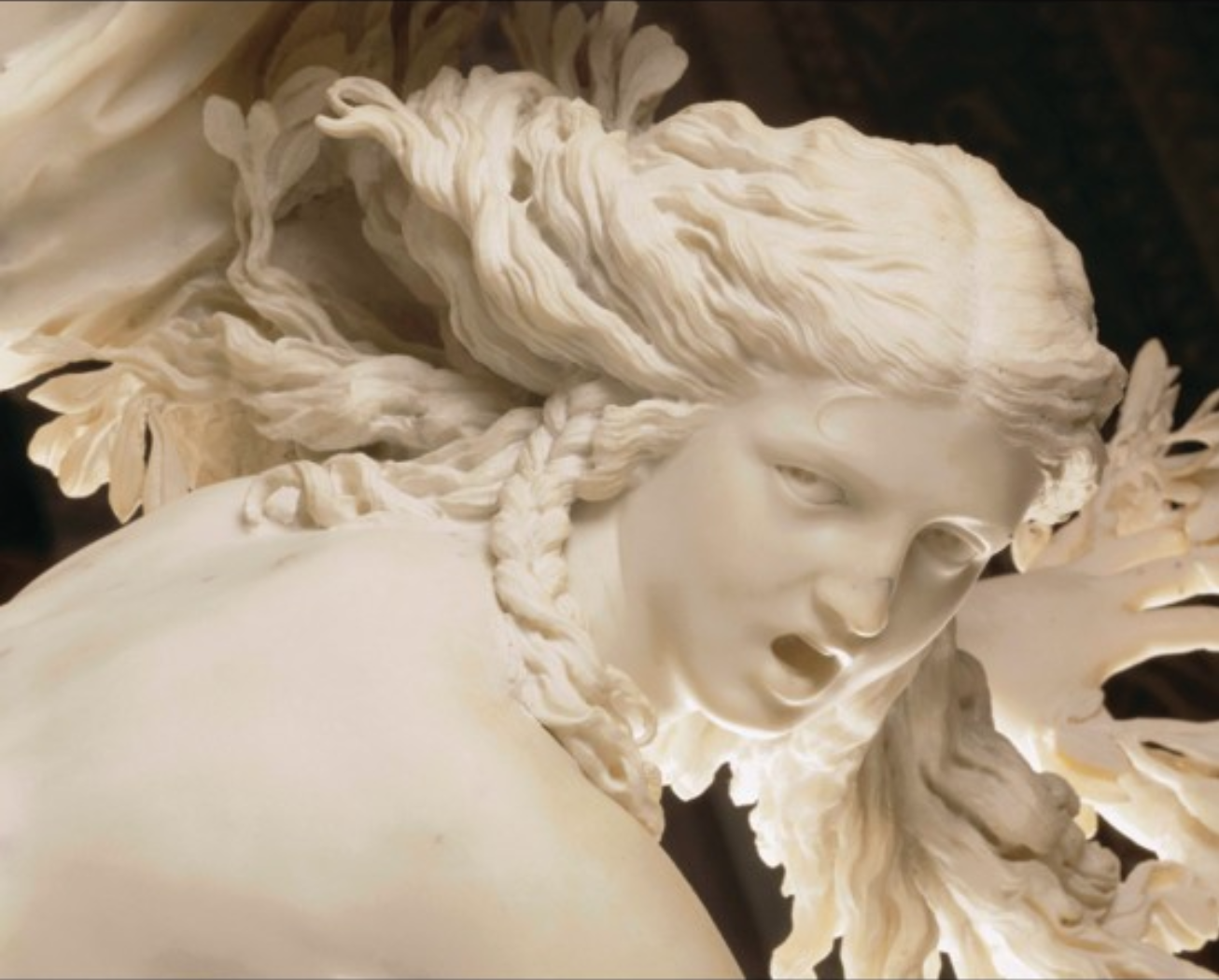The Evens Foundation has launched a research and experimentation project to explore the conditions that enable a transformative aesthetic experience. It spans over ancient, modern and contemporary creation, from visual arts to music and sound.
The aim of this inquiry is to look closely at the assumption that an aesthetic experience and arts education contribute to social and cultural inclusion. Considering the important and critically assessed work done in the fields of participatory art and social practice over at least 30 years, and the more recent reuse of these strategies to "integrate" newcomers, we decided to focus on contemporary practices that take a critical stance on their ideological underpinnings and try to honestly evaluate their effects. Do they merely reproduce and perpetuate current power relations or do they contribute to halt and transform them?
The following questions helped us refine the project: How does an encounter with an artwork – an individual experience in itself – create the possibility of relating and attuning to others? How can our rich and complex cultural heritages provide the foundations for sharing in our increasingly diverse societies? How can the critical examination of a difficult past lead not to separation and disconnection, but to possibilities of thinking together ? Finally, do gallery education and mediation practices fully consider the cognitive and empathic potential of the aesthetic experience?
For many years the Foundation has been committed to working with heterogeneous groups and we have found that many cultural institutions question their mediation practices based on segmenting and categorising their audiences. This project ultimately seeks to create a common space for the public to come together and share their symbolic worlds.
We have established partnerships with two major cultural institutions, the Royal Museums of Fine Arts of Belgium in Brussels and the Centre Pompidou in Paris. Together with their educational teams, we began reflecting on experimental projects that could generate responses to our common questions. Two projects have been designed as a result: Museum in Dialoog/Musée en Dialogue and La Tablée, each with a specific focus and several common concerns.
With our third partner, Theatrum Mundi, a research centre dedicated to the crafts of city-making, we established the Voi[e,x,s] Research Fellowship. Starting from an observational study of a participatory artistic project at Chapelle-Charbon in Paris, the researchers will explore how a shared sensory experience affects people’s relationships with each other and their environment.
